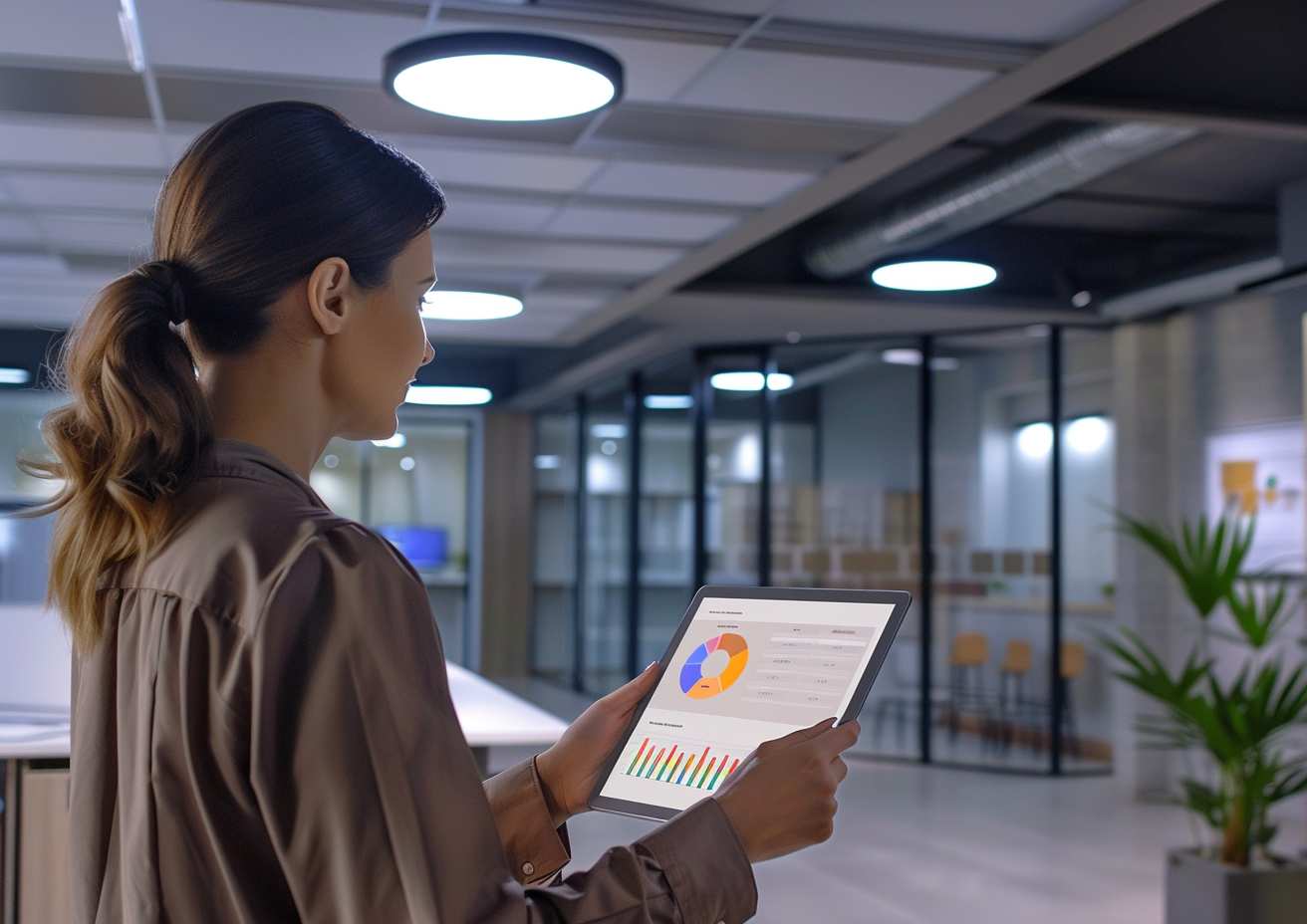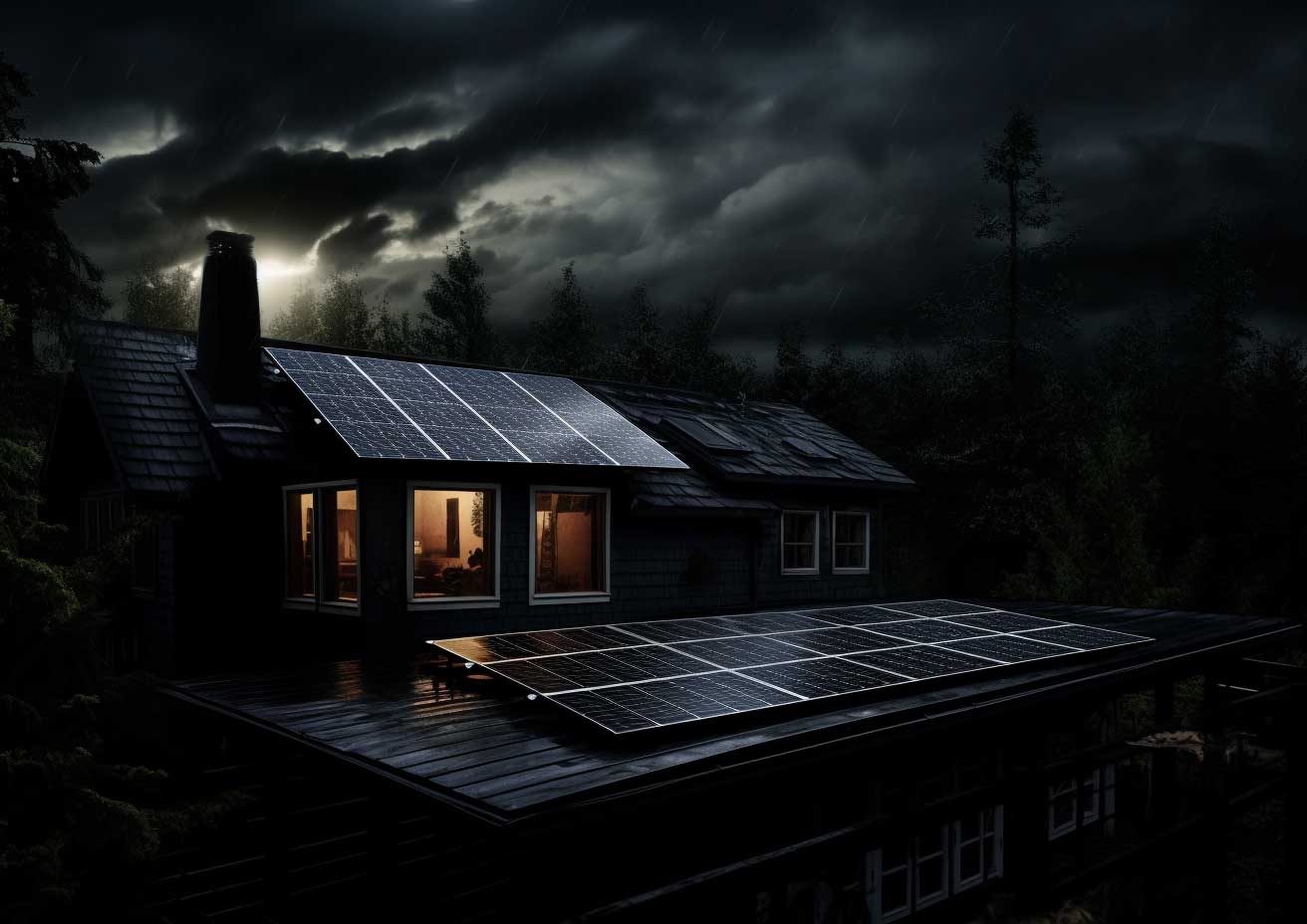The United States’ EV charging infrastructure needs to expand to support the surge in electric car adoption that has no signs of slowing down. According to the International Energy Forum, global sales of EVs rose 43 percent in 2020 to 3.24 million cars, despite car sales generally decreasing during the Coronavirus pandemic. Even today, consumers are helping to boost EV sales even further due to high gas prices.
Electric mobility has reached its tipping point and the types of EVs being developed are increasing almost every day, including passenger vehicles, light duty vehicles, medium-duty vehicles, and heavy-duty vehicles. Most U.S. EV manufacturers have goals of producing more electric cars. EV owners have more choices than ever before when it comes to the types of passenger vehicles that are electric, including SUVs and pick-up trucks.
The Biden administration recently released their EV Charging Action Plan, which was the result of the Bipartisan Infrastructure Law. The law includes $5 billion in federal funding for states with the goal of building a national EV charging network. The EV Charging Action Plan supports clean transportation and boldly set a target of a 50% United States EV sales share by 2030. The plan also calls for new solicitation for alternative fuel corridors.
The expansion of electric vehicle charging infrastructure needs to include more public charging stations and fast charger stations along the highway. At the same time, businesses will need to support the growing number of employees driving EVs to work. Multi-unit dwellings, like apartments and condos, should provide EV charging for their residents.
An EV owner cannot drive if their car battery doesn’t have enough charge and no one wants to be stranded. If commercial facilities refuse to provide EV charging for their employees and customers, it may be difficult to attract and retain them. EV drivers and EV fleet drivers will need places to charge and the more places and industries that can provide EV charging stations for them to get the juice they need, the easier it will be for EV adoption rates to surge.
Right now is the ideal time to prepare for the electrification of your facility. If you install commercial EV charging stations now, you can take advantage of the many benefits they offer, but, more importantly, the EV charging incentives (i.e., a rebate or tax credit) offered by federal agencies, local governments, and utilities.
Agencies interested in sustainability want to provide residents and companies with a financial reason to embrace clean energy and add EV charging stations to their homes and businesses. Dozens of EV charging incentive programs across the nation have ended and many more join that list every month.
Electrifying your business is not a simple task – it requires pre-planning, budgeting, capital projects, operations planning, and more. Partnering with an EV charging company like WattLogic can make the process easy since we can take care of the heavy lifting for you.
The EV charging infrastructure installation process for commercial stations is complicated due to the amount of power needed to be able to supply enough electricity for the chargers. Necessary electrical infrastructure work would include transformer upgrades and new utility connections. You will have to connect with your utility to find out if they can provide the amount of power you need for your commercial EV charging station. You’ll have to hire the right team of verified and licensed electrical contractors you can trust to get the installation done correctly, safely, and on time. You will need to have the technical assistance or know-how to commission the EV chargers (getting them connected to the EV network). You’ll also have to figure out what type of chargers to install and if they align with your electrification goals.
The process of implementing EV infrastructure at your facility starts with figuring out how many EVs you will be supporting with your EV charger.
From there you can decide what type of charging infrastructure is necessary through the Electric Vehicle Infrastructure Projection Tool (EVI-Pro) Lite provided by The National Renewable Energy Laboratory, the California Energy Commission, and the U.S. Department of Energy’s Vehicle Technologies Office. The tool uses data on personal EV driver travel patterns and other factors to estimate the quantity and type of electric vehicle charger (Level 1 chargers, Level 2 chargers, or DC fast chargers) you would need based on your state or city/urban area.
Ideally, if you plan to transition your fleet to EVs, you should have your EV infrastructure in place and the infrastructure deployment process should be completed prior to acquiring your EVs. This will help ensure you have the appropriate infrastructure in place for the EVs you choose to operate.
From there you’ll have to ask yourself several other questions to complete the EV infrastructure process. Here are some of the main questions you will have to consider:
- What type of chargers are you installing?
- Will your chargers have one or two ports?
- Will your chargers be networked or non-networked?
- What is the final location of the chargers?
- What are the chosen EV infrastructure site grid capacity limits?
- Does the location require trenching or wiring to get the appropriate amount of power to the chargers?
- Is there existing electrical infrastructure that can be expanded upon or do you have to start from scratch?
- What type of landscaping and lighting will you be adding to your EV charging station location?
- Will you own the chargers or will a third-party?
- What type of signage and pavement markings will you need?
- What is the permit process for your area – what are the requirements and how do you apply?
We can guide you through these questions and work with you to find out the answers as they relate to your facility.
The commercial EV charging world is in its early stages and can quickly become confusing for you, whether you’re a fleet manager or other decision maker tasked with electrifying your site. Let us make it uncomplicated for you. You can be one of the first without the headaches. Connect with one of our EV specialists: (800) 834-8737 or online.




